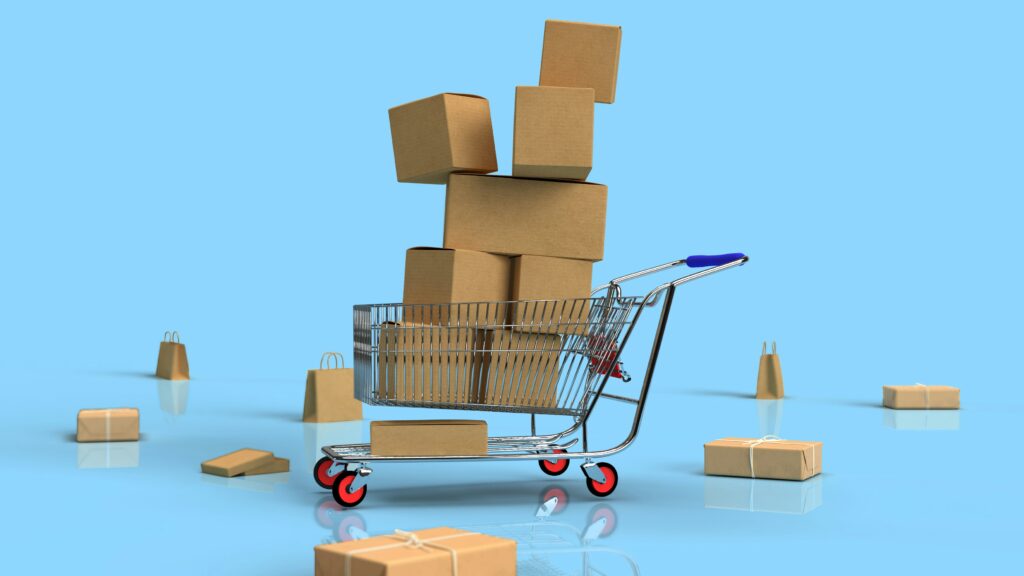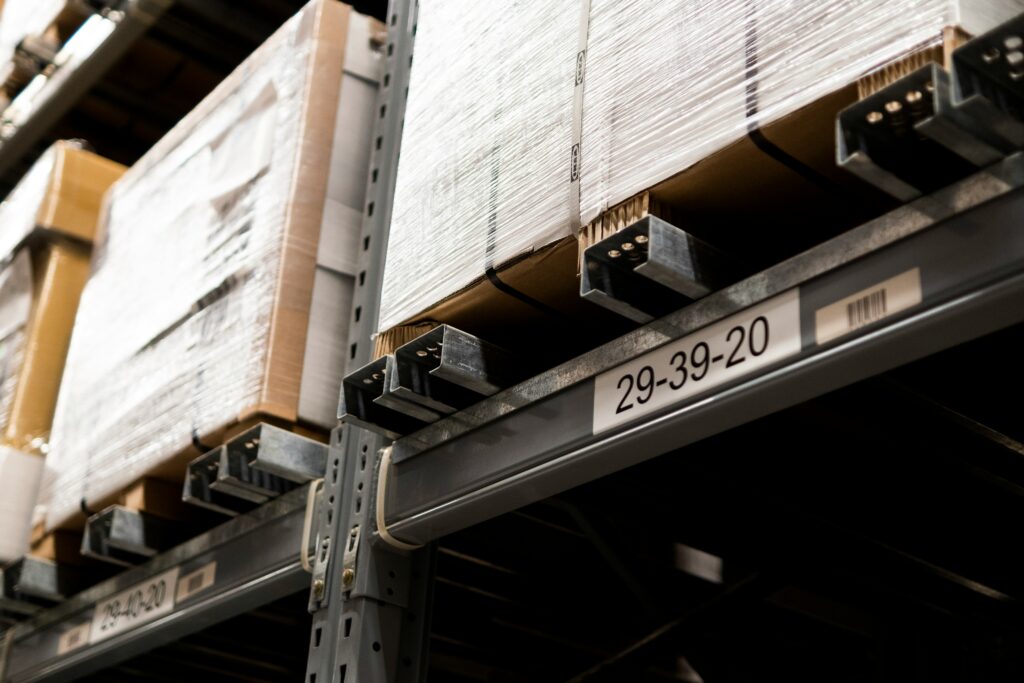The Rise of Online Marketplaces: Temu Vs. Wish

In the world of shopping, it’s not just your favourite corner store that’s changing—it’s the entire global retail scene.
Mass-market online marketplaces are taking over, and they’re doing it with the flair of a Hollywood blockbuster. Picture this: Alibaba, the global titan; Wish, the quirky underdog; and Temu, the new kid on the block, all battling it out.
And right in the thick of it, we have South Africa’s very own Takealot, holding its own in this epic e-commerce showdown.
So, grab some popcorn (or maybe just your shopping cart), because this is going to be fun!
A Stroll Down Memory Lane: The Origin Stories
Let’s start with Alibaba, the Bruce Lee of online marketplaces. Founded in 1999 by the ever-charismatic Jack Ma, Alibaba didn’t just show up—it kicked the door down and took over.
What began as a platform connecting Chinese manufacturers with international buyers has grown into a full-blown e-commerce empire.
Today, whether you’re looking for wholesale widgets or a quirky gadget to impress your friends, Alibaba’s got you covered.
Next up, we’ve got Wish. Launched in 2010, Wish is like that one friend who always knows where to find the coolest (and sometimes weirdest) stuff at bargain prices.
Wish’s mobile-first, impulse-buying strategy made it a hit with millennials and Gen Z.
You never know what you’ll find on Wish—a unicorn onesie? Sure! A mini drone? Why not? It’s like a digital treasure hunt.
And then there’s Temu, the new kid on the block. Only launched in 2022, Temu has quickly made a name for itself by offering dirt-cheap products without sacrificing quality.
Imagine Wish and Amazon had a baby—that’s Temu. It’s got the affordability of Wish but with faster shipping and better quality control.
Temu is all about getting you the goods you want, without the wait or the worry.
The Local Hero: Takealot

Now, let’s talk about Takealot—South Africa’s answer to the global giants.
Takealot isn’t just another marketplace; it’s practically a household name here in Mzansi. Founded in 2011, it came to life from the merger of Take2 and another segment of Tiger Global Management’s portfolio.
But enough of the boring details—Takealot’s real story is about how it became the go-to platform for everything from tech gadgets to groceries, all while mastering the art of navigating South Africa’s unique market challenges.
You see, unlike the big guys, Takealot knows South Africans inside and out.
It understands our love for EFT payments, the need for cash-on-delivery in some areas, and the fact that not all of us live within a stone’s throw of a delivery hub.
Takealot’s got us covered with a delivery network that’s as robust as a bakkie and a customer service team that actually gets what we’re going through.
The Showdown: Alibaba, Wish, Temu vs. Takealot
So, how does Takealot stack up against the global heavyweights like Alibaba, Wish, and Temu?
Well, it’s kind of like comparing biltong to beef jerky—both are great, but they’ve got their own unique flavor.
Alibaba is like a one-stop-shop for the world, with its endless aisles of products and competitive pricing. But with all that scale, it sometimes feels a bit impersonal, and it doesn’t always cater to the specific needs of South African shoppers.
Wish and Temu are all about snagging those crazy deals.
They’re perfect for shoppers who don’t mind a bit of a wait and love a good bargain.
But while Wish is fun and random, Temu is quickly becoming known for combining affordability with reliability—something that could make even the most loyal Takealot shopper think twice.
But here’s where Takealot really shines: it knows us.
It’s the platform that understands that sometimes you just need that birthday gift delivered yesterday, or that you’d rather pay in cash than deal with the hassle of a card.
It’s local, it’s reliable, and it’s always evolving to meet our needs
The Future of Online Shopping in South Africa

As these global and local players continue to duke it out, one thing is for sure—South African consumers are the real winners.
More competition means better prices, more choices, and improved services. But for Takealot, the challenge will be to keep innovating and leaning into that local expertise that sets it apart.
In the end, whether you’re browsing through the endless selections on Alibaba, hunting for quirky finds on Wish, checking out the latest deals on Temu, or sticking with your trusty Takealot, there’s no denying that the future of online shopping in South Africa is looking brighter than ever.
So, what’s it going to be?
Are you team Alibaba, Wish, Temu, or Takealot?
Whatever your choice, happy shopping!





